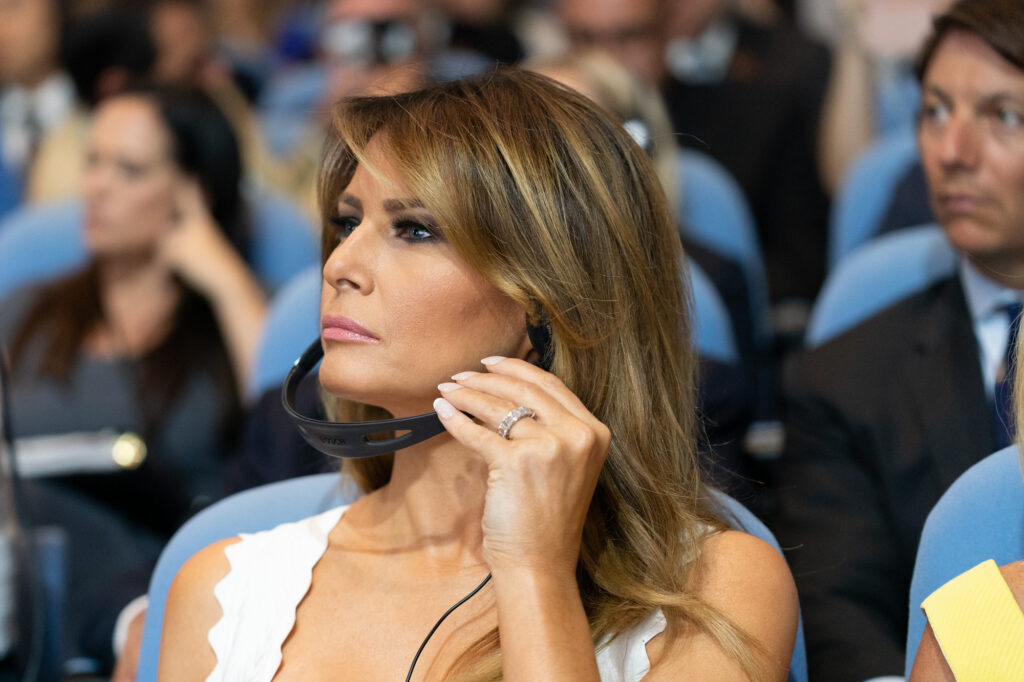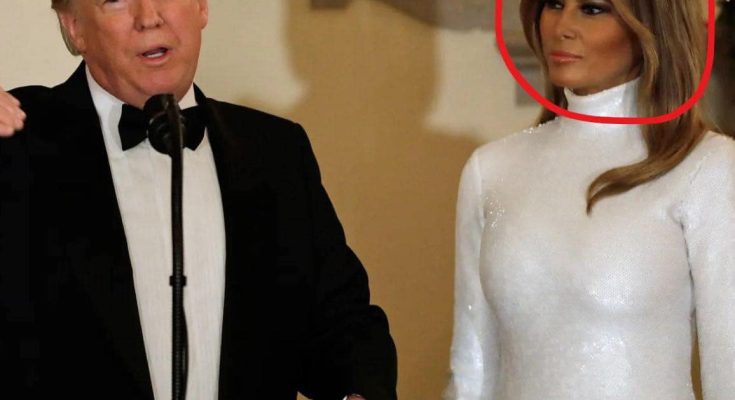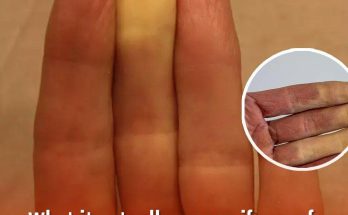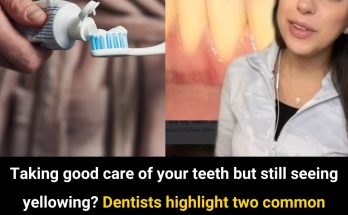Conspiracy theorists were the source of strange claims that Melania Trump used a body double on election day. However, specialists are now putting the suspicions to rest, claiming that Botox, fillers, and a nose job are what gave her the altered appearance.
Melania Trump claimed to be all-natural in an interview with GC in 2016
“I didn’t make any changes,” said the Slovenian-born model. “A lot of people say I am using all the procedures for my face. I didn’t do anything. I live a healthy life; I take care of my skin and my body. I’m against Botox, I’m against injections; I think it’s damaging your face, damaging your nerves. It’s all me. I will age gracefully, as my mom does.”

However, Melania, 54, attracted attention from the public when she was spotted wearing large sunglasses indoors on election day.
Social media detectives noted that the item she wore to cover her eyes might be a sign that she was trying to disguise recent cosmetic surgery or even her identity. People speculated that she might have been a body double at the polls in response to this hypothesis, which sparked a lot of online discussion and made the hashtag #FakeMelania trend.
“Why is Trump using a quite bad #FakeMelania stand-in with gigantic shades at the polling station? LOL Total madness!” tweets one user. A second user shares a photo of the first lady in waiting at the polls, standing alongside her husband: “They brought back #fakemelania for the series finale!” writes the user.
A third adds, “Absolutely walking around with a fake Melania. Refuses to take her sunglasses off indoors. Not her face, not her nose, not her hair and she actually smiled, so definitely not her.”
Growing up, I always felt overshadowed by my older brother. My parents seemed to favor him, leaving me feeling like an afterthought. Yet, my grandfather was different. He believed in me and promised to fund my college education with his inheritance. When he passed away, I held onto that hope, knowing the money was kept in my parents’ account until I turned 18.
But when I finally turned 19, I discovered the unthinkable: my college fund was empty. My parents had used it to bail out my brother, who had squandered his money on a luxury car and reckless spending. Furious and heartbroken, I confronted them, but their excuses only deepened the betrayal. They chose to prioritize my brother’s mistakes over my dreams.
The final blow came when I learned they had invested what little remained in an extravagant house. Crushed, I left, vowing never to forgive them.
Over the following months, I distanced myself from my family, focusing on rebuilding my life. I found a job, rented an apartment, and enrolled in a new university with a grant. Although I never fully let go of the pain, I excelled in my studies and worked hard to carve out a future.
Years later, when my brother reached out, asking for money to help our parents who were deep in debt from a failed housing investment, I was torn. Despite everything, I knew they were still my family. I helped, and together we visited our parents. Their apologies were sincere, and in that moment, I realized forgiveness was not just for them—it was for me.
Our family slowly began to heal, and I learned that forgiveness is about freeing yourself from the past. Adversity revealed my strength, and through it, I found the power to shape my own future with grace and resilience.



